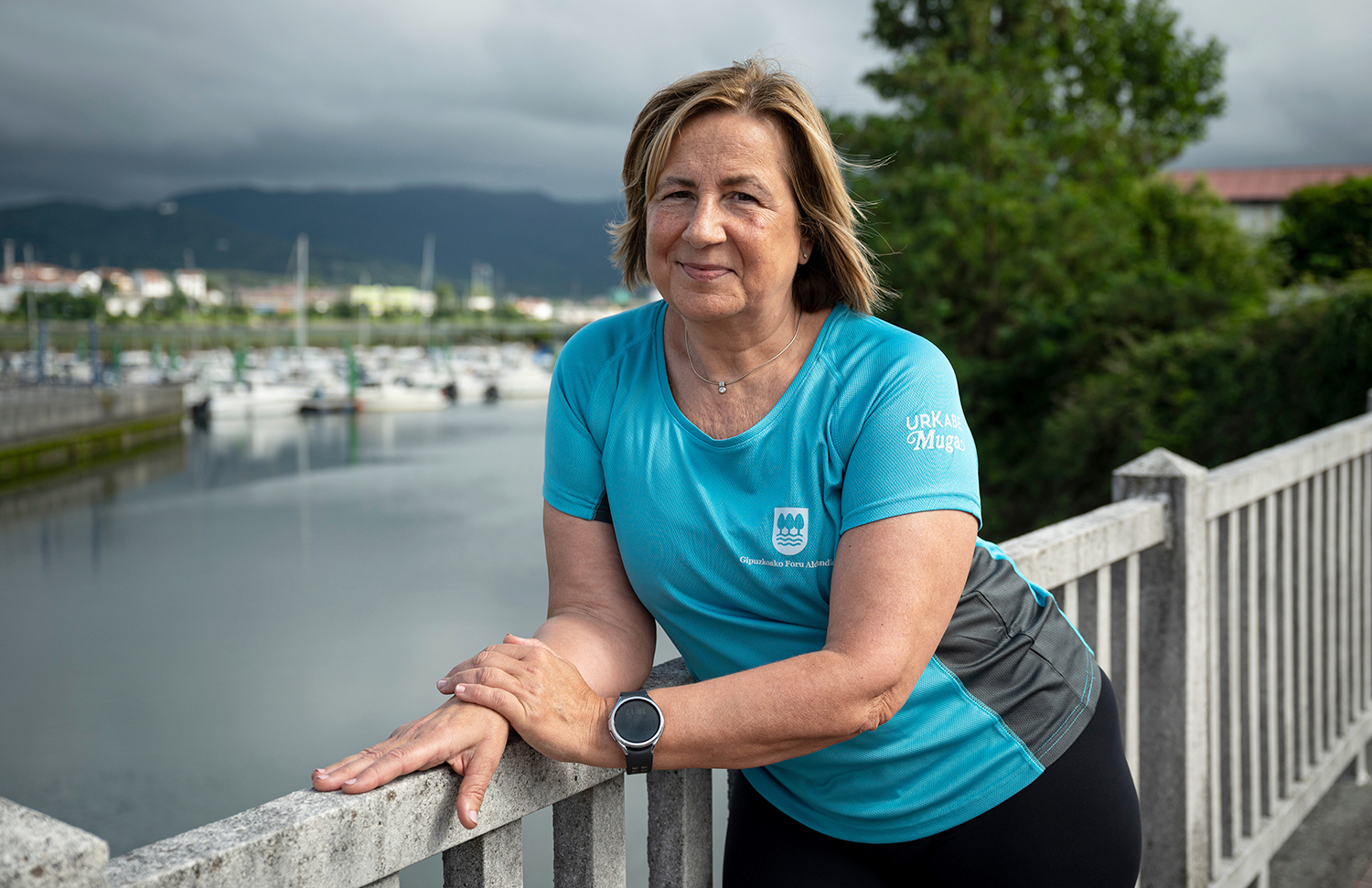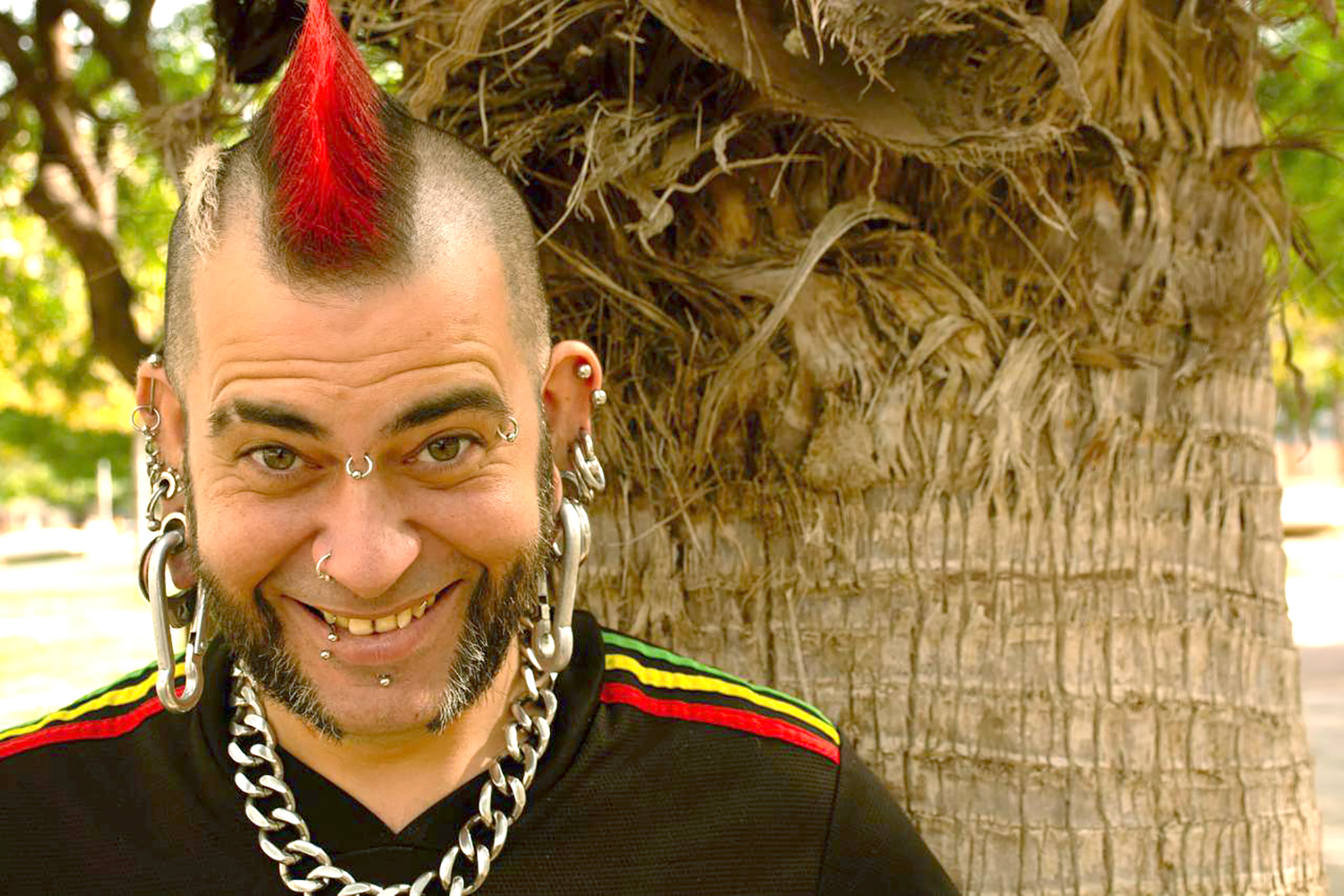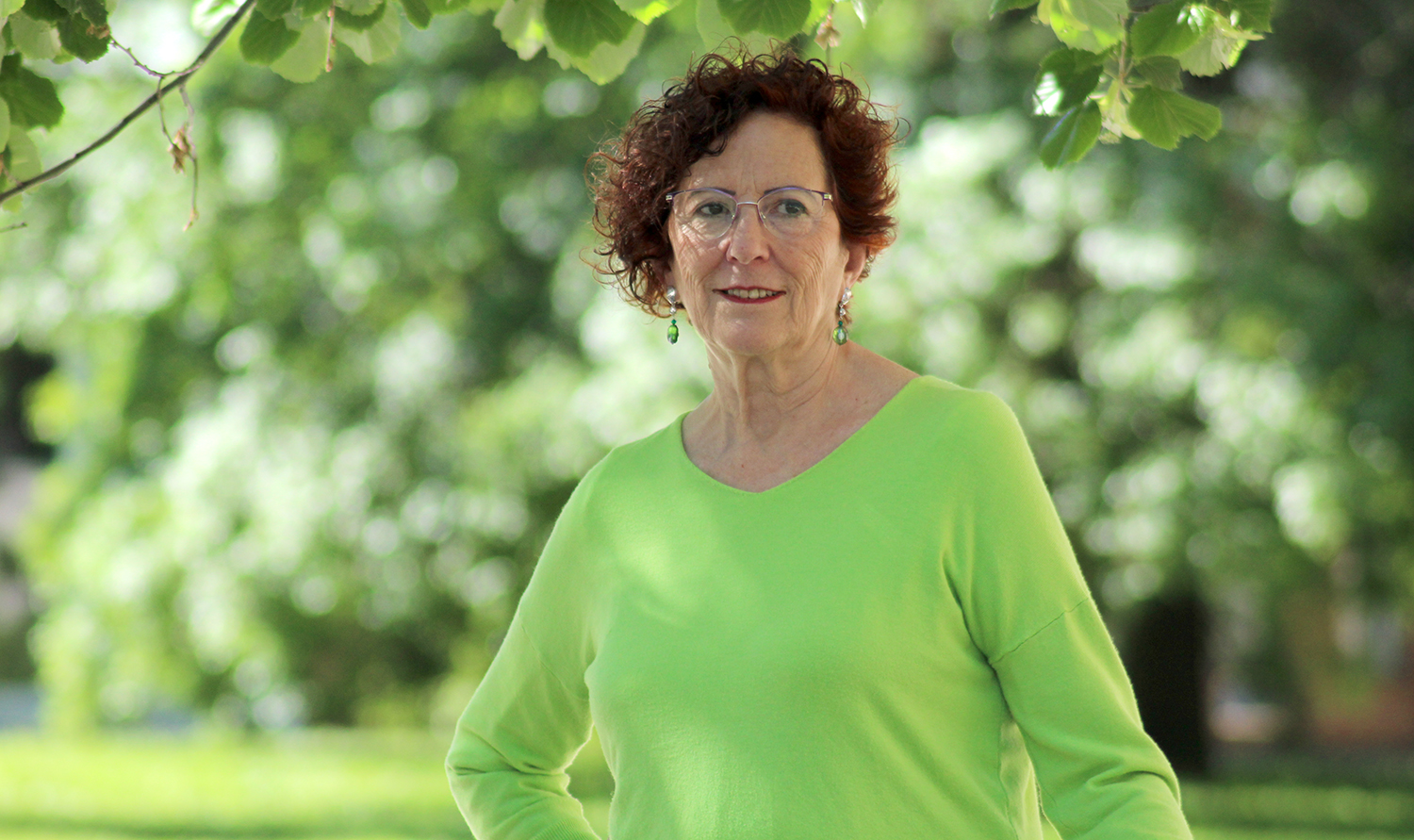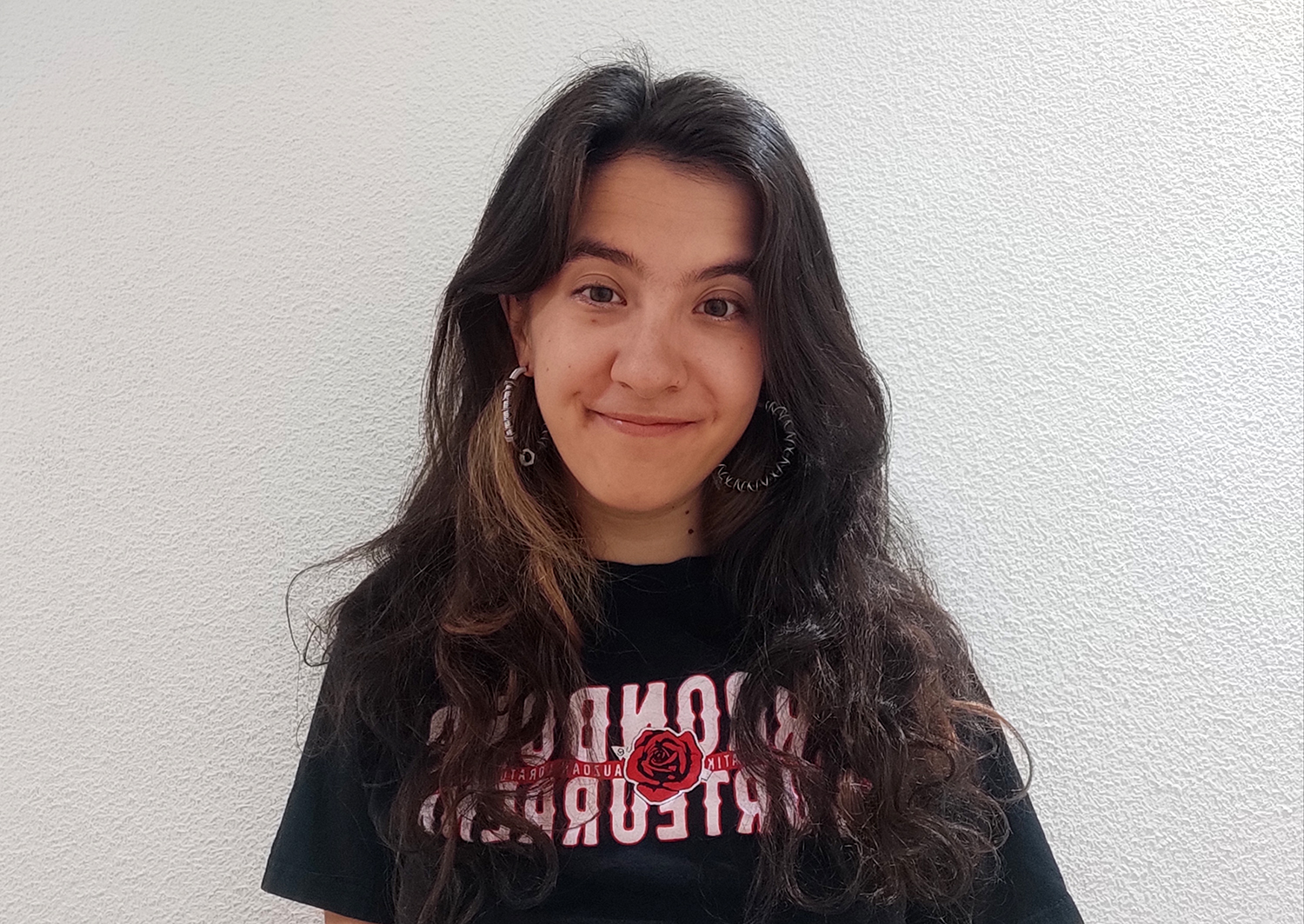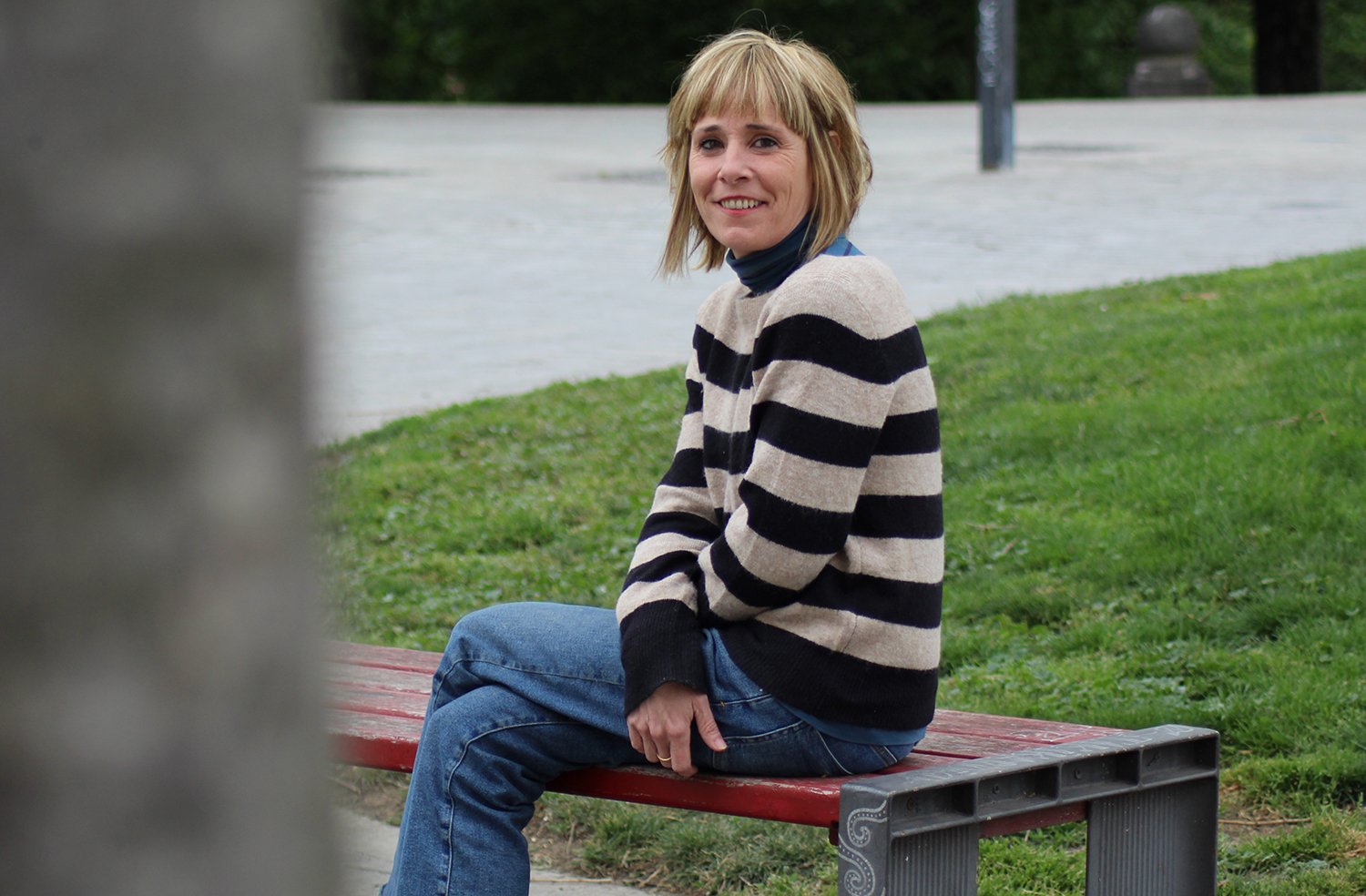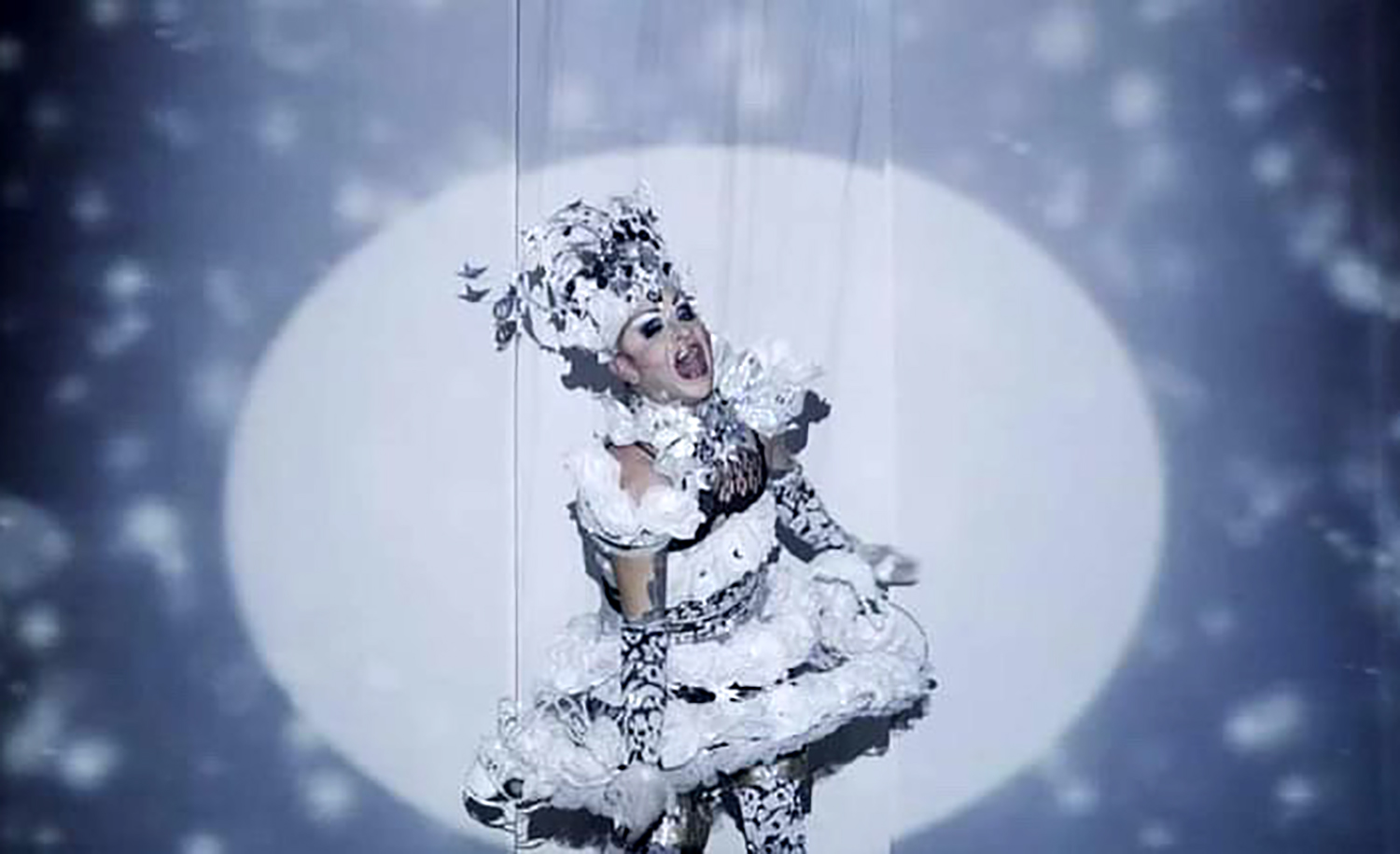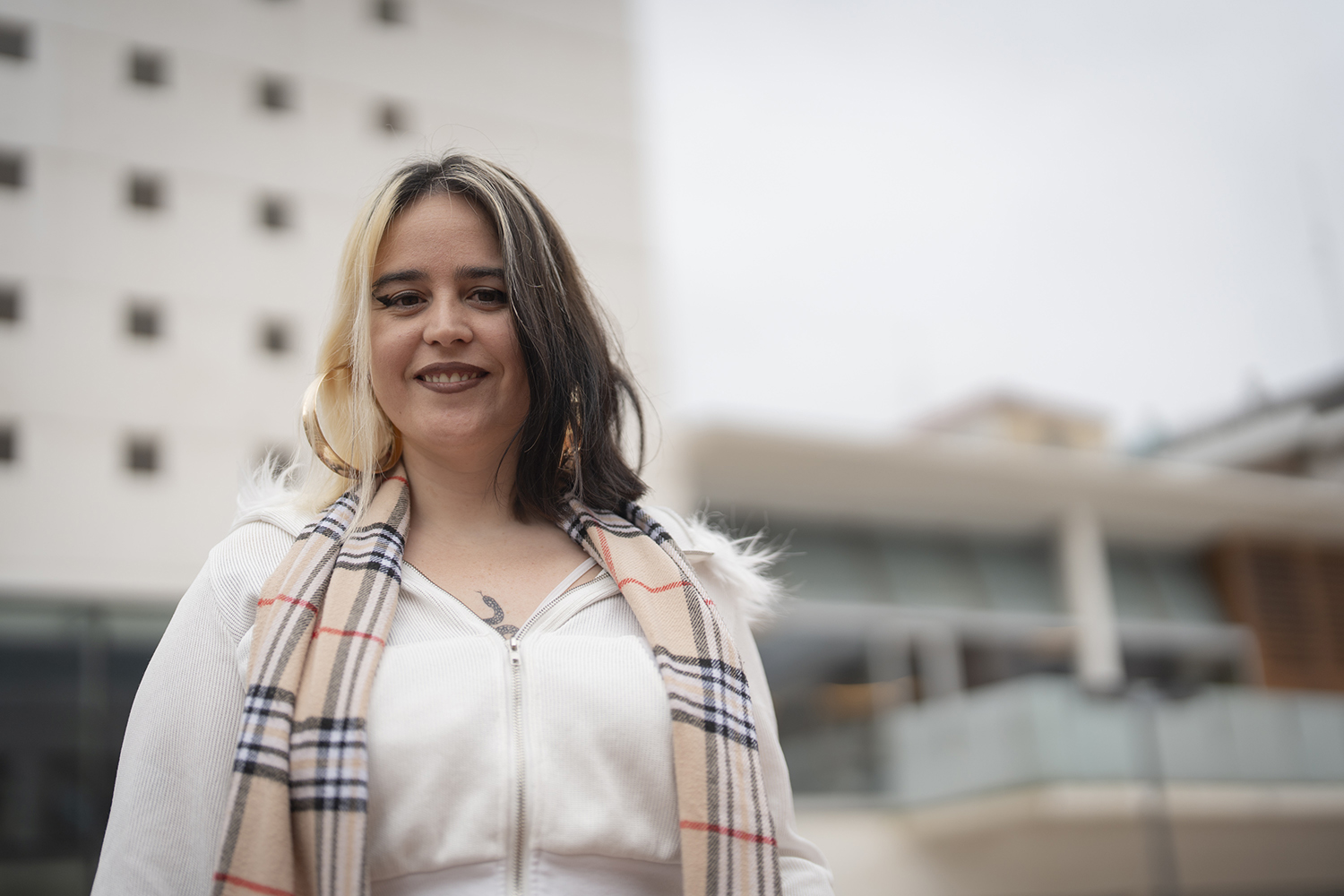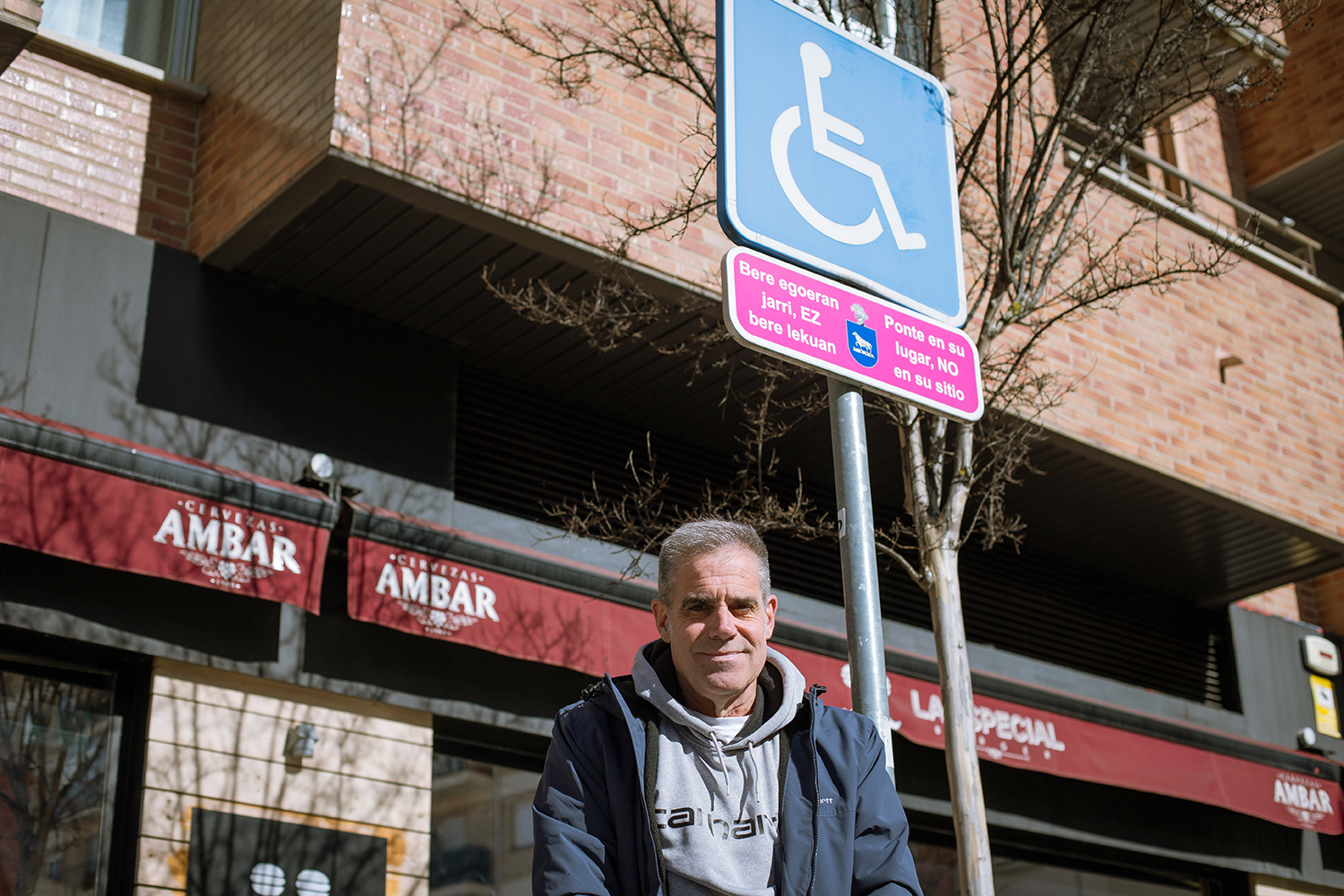“No one is born hating his body, the system forces us to reject”
- Actress, theatre director, physical freedom activist and author of the book Operació biquini (Flamboyant, 2021), Júlia Barceló (Barcelona, 1985). We've talked about the aesthetic pressure and the need for theater to bet on body diversity.
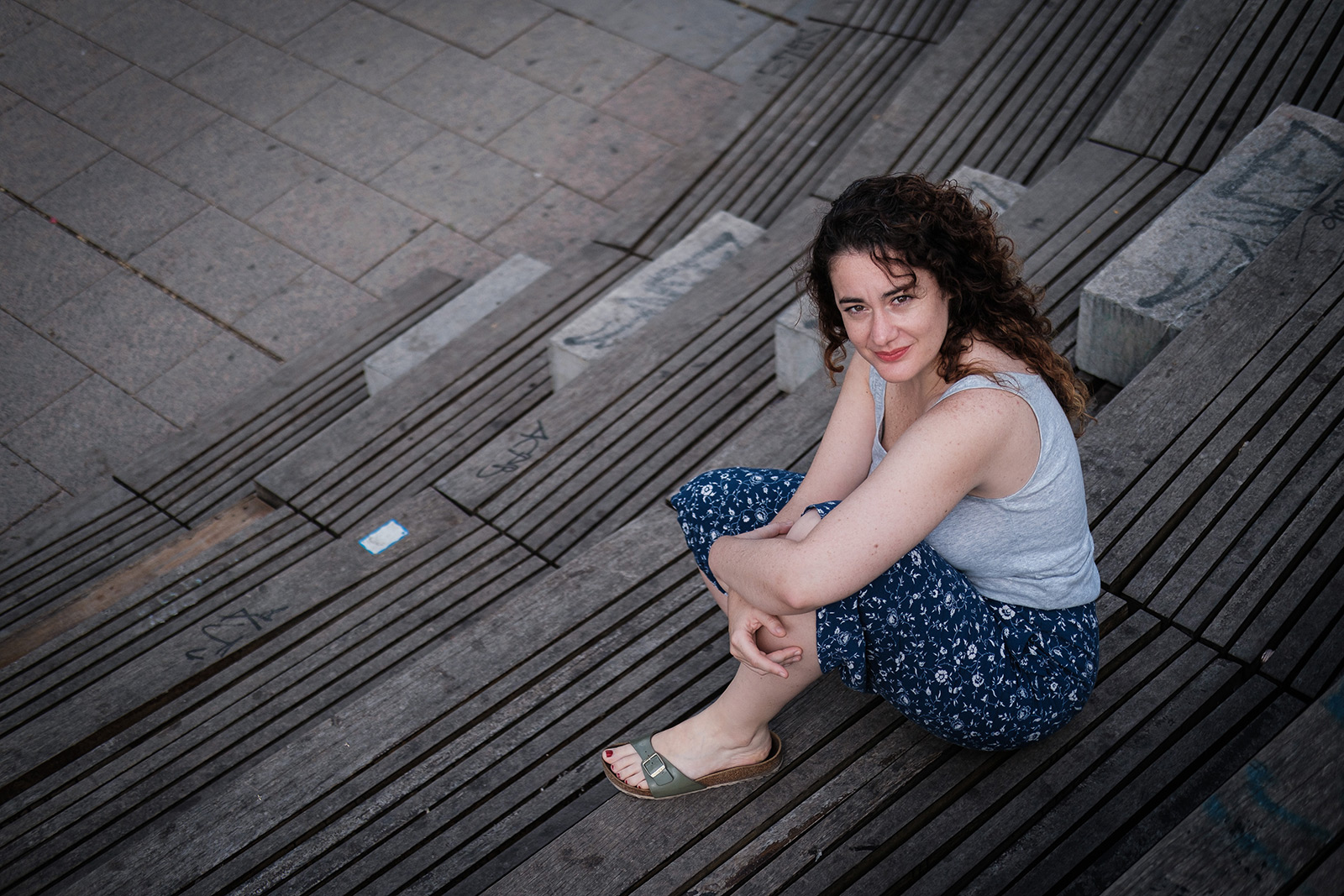
When and how did he begin to become aware of the aesthetic pressure we suffer?
When I was 30, I realized that I didn't want to spend my whole life with the obsession of changing my body; being an actor isn't that for me. As I got more diet, I felt worse with my body. So I started politically articulating that experience, and fortunately, I realized that by then there were many feminists who had done that work. Knowing anti-grasophobia activists and their struggle was the first most important publication. It's your struggle for body freedom, but it benefits us all, I can never thank you for everything you've taught me.
Aesthetic pressure comes from the aesthetic ideal, but who is behind it?
There's the lame. Aesthetic pressure is a tool for patriarchy to exercise control over our bodies, it is the first step to liberate it. If we feel embarrassed towards our body, we'll buy a lot of products and diets, and that moves a lot of money. That is, capitalism has created a need to transform our body with external resources, it does and will continue to do so for a long time. So it's important to be clear that nobody is born hating their body, the system forces us to reject. It's a cage to destroy.
How does aesthetic pressure affect us?
Multiple. When we eat, when we go to a party, when we bathe at the beach or in the pool, in our sexual intercourse, in the search for work… it is much deeper than it seems. And the problem is that aesthetic pressure has always been understood as a “nonsense of women in the head.” What we advocate for the freedom of the body is that you can't rescind it because it has terrible consequences and causes aesthetic violence against our bodies.
He says the aesthetic ideal is a “trap,” why?
 Naomi Wolf says it is ideal because it does not exist. We can never have an aesthetic ideal. Because, even if it sits close, the body always ages, changing it in a thousand ways. And not only that, but the aesthetic ideal is changing, and although thinness is always maintained, at each time it is decided what is valid and what not, depending on what interests the cosmetic or fashion companies of the time. For example, cellulite didn't matter to anyone we had to beat until someone said. And getting rid of cellulite is absurd, as it is absurd to remove eyelashes: over 90% of women have it, and so we fight something natural.
Naomi Wolf says it is ideal because it does not exist. We can never have an aesthetic ideal. Because, even if it sits close, the body always ages, changing it in a thousand ways. And not only that, but the aesthetic ideal is changing, and although thinness is always maintained, at each time it is decided what is valid and what not, depending on what interests the cosmetic or fashion companies of the time. For example, cellulite didn't matter to anyone we had to beat until someone said. And getting rid of cellulite is absurd, as it is absurd to remove eyelashes: over 90% of women have it, and so we fight something natural.
Aesthetic pressure especially punishes actors, right?
We are the necessary piece for the system to generate representations. For everything to work, we have to be an example of that ideal. That is why it is so important that the people behind the camera and the scenes always have a feminist point of view, because only by modifying the representation and betting on physical diversity can we fight against aesthetic pressure. We must start with the classes of representation, we cannot deny anyone the possibility of being an actor for not having a normative body; if that happens, we have failed as a profession.
Aesthetic violence has different levels. I have read that this year at least seven women have died in cosmetic interventions performed in clandestine clinics. Do we talk a lot about aesthetic violence?
Like all violence against women, it is silenced and normalized. Activist Esther Pineda struggles to make this type of violence visible within the framework of aesthetic operations. However, “well performed” operations can also have dangerous effects and there is little information about them. If people had information, it probably wouldn't work, so it doesn't interest companies. It is essential to have all the information before going through the operating room or before a diet.
In the book Operació biquini you talk about intuitive eating. What exactly is it?
It's a way to focus the relationship with food. This was named by nutritionists Evelyn Tribole and Elyse Resch, who argue that long-term nutritional restrictions, rather than curing our relationship with our body, create problems. Because diet culture wants us to slimmer, but our health doesn't matter. On the contrary, intuitive eating does not include weight in the equation, but it does include the way to worry about food: eating without guilt and seeking well-being, among other things. For me, it was inspiring, because I've done a lot of diets. Fortunately, more and more nutritionists are opposing the diet culture and working with respect. For example, Rachel Lobaton and her inclusive diet.
In summer, aesthetic pressure increases. What do you think is the most important challenge? How can we improve our relationship with our body?
For starters, it's imperative to know where all those toxic messages that lead us to hate our bodies come from. Identify the machinery behind it and be clear that it's violence. We owe nothing to anyone: neither being thin, waxing, or having excellent skin. It is also important to share our insecurity with others. And above all, being kind to each other's bodies: don't think, start recognizing body diversity and, finally, celebrate it.
Body freedom
“Despite my normative childhood, in adolescence I accidentally felt something was wrong in my body. The worst time was when I was 18 to 20 years old, when I decided to be a professional actor: I felt more judged by the shape of my body and somehow I felt obliged to follow a very varied diet and sport. I lived in a contradictory: I have always been at ease with my body, but at the same time the demand was enormous. The feeling was clear: you have to lose weight if you want to have a job.”
At home is included a corner with which we will feel with us, a space that embraces us to the tiredness of the night, that space in which we will feel liberated from crying, a home that will connect us with tenderness, that will accompany us in solitude. However, many of the... [+]
Toledo, 1272-1280. Alfonso X of Castile gathered 427 monomedical songs dedicated to the Virgin. The Cantigas de Santa Maria constitute one of the most important musical and literary collections of the Middle Ages, but being decorated with the miniature cantiga, these... [+]
In a house there are several areas that are rarely shown to someone who is not homemade. Say the storage room, the loft, the boiler room, a closet. They are often located at the foot of the underground house or at the top of the inaccessible house. These corners of the house... [+]
I've often been confused by the outside view of a teenage boy, that's not new. Since it's not new, I've gone from graceful to annoying. Since it is not new, I have developed the capacity to issue increasingly epic responses, assuming control of the situation. And since I've taken... [+]











